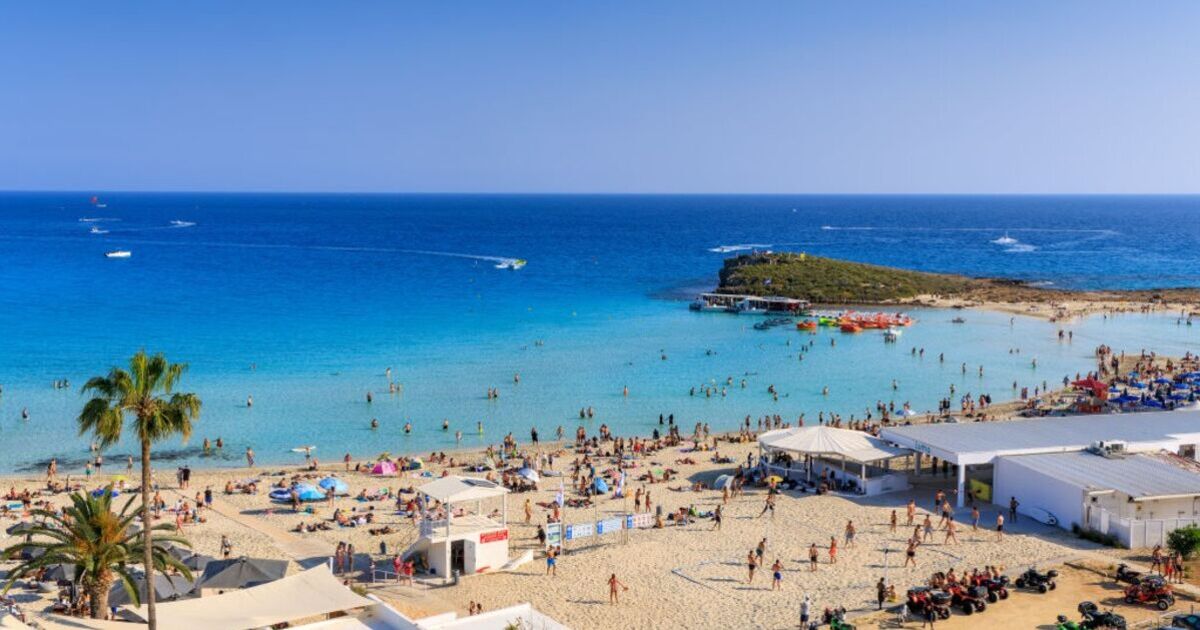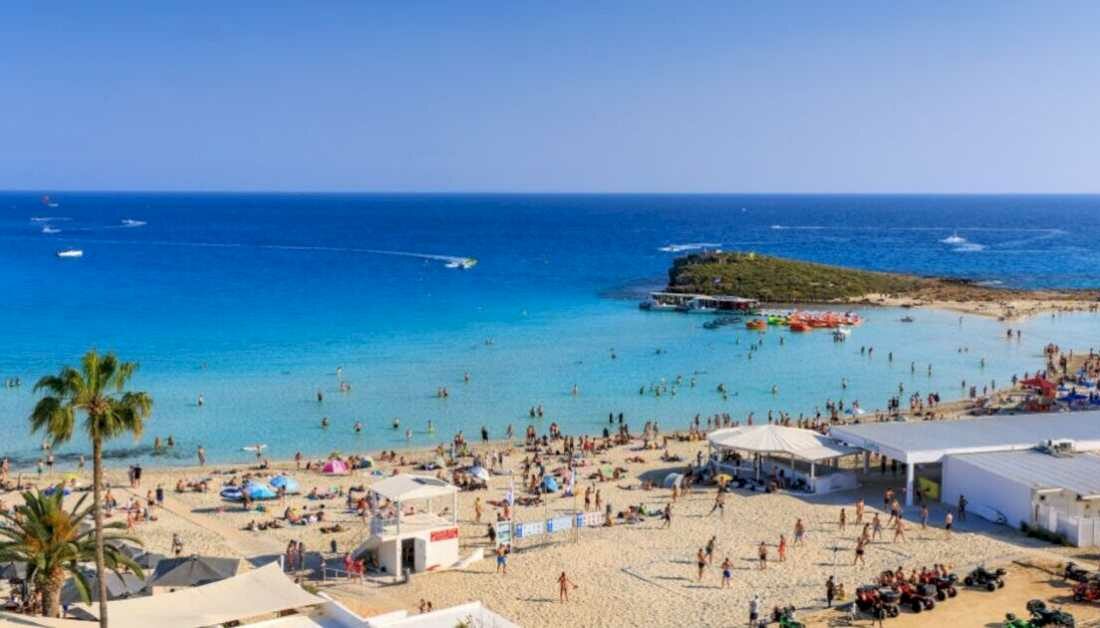
The Cyprus government is planning to help hotels build desalination plants, in a bid to ensure there is enough drinking water for tourists in the summer seasons. The island is facing a water crisis following the second driest winter in a decade.
Water levels across the country’s 108 dams are alarmingly low and the national supply network is struggling to cope due to demand and leaks. Maria Panayiotou, the agriculture and environment minister, said the government would subsidise the construction of desalination plants by hotels to the tune of €3 million (£2.5m).
She also said the government would take steps to make it easier for businesses in key sectors of the economy to build small-scale desalination plants.
Additionally, €8million (£6.69m) will be spent on fixing leaks and renewing infrastructure in a bid to preserve water supplies.
Cyprus is increasingly turning to desalination plants as a solution to its water crisis.
Four such plants are already operational, each producing 235,000 cubic metres of fresh water daily.
Four additional mobile desalination plants are scheduled to become operational in October, producing 30,000 cubic metres of drinkable water daily.
It comes amid heated debates about how to save pine trees on the island, which are being decimated by caterpillars.
For years, the country’s Forestry Department was spraying pine trees with harmful chemicals to manage the issue, but now only biological preparations are being used to try and stave off the caterpillars.
The problem has alarmed residential communities. A community leader of the Gourri village Kyriakos Rozos said he contacted the Forestry Department but was told they could not use spray near residential areas.
He said: “The pine trees near the community are full of caterpillars and we are worried that the trees will die.
The caterpillars are also very harmful to health. Last year, we nearly lost a lady who touched them.”
He was told he could try and spray the area himself, but that is a costly business.
He added: “To spray the whole community, I would need €2,000. A poor community such as ours, with just 250 inhabitants, can’t afford it.”

